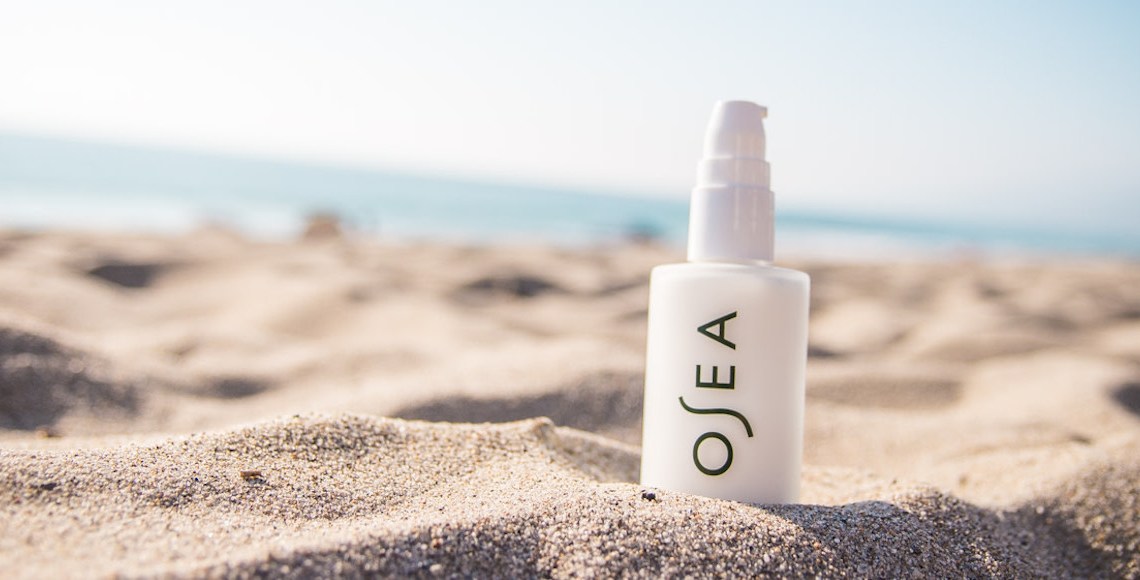When venture capital firm Cavu began investing in beauty in 2020, it was based on the premise that the focus of “better-for-you” brands had expanded during the pandemic. Cavu started by investing in the food and beverage space before making its first beauty investment in clean beauty brand Osea. Jenna Jackson, principal at Cavu, said this shift in investment strategy happened because the consumer has expanded their perception of healthy living. Cavu has also invested in Hims & Hers, body care brand Nécessaire and ingestible brand Vital Proteins. Cavu’s check sizes are typically between $10 million-$50 million.
Jackson spoke to Glossy about what’s behind Cavu’s ethos, why Osea was the firm’s first beauty investment and how it’s handling the current economic uncertainty.
Why was your first beauty investment in Osea?
“Osea Malibu was founded in 1996. They took their first [outside] money 25 years into the company. If you think about category creators, and you think about clean and green in 1996, people thought they were a little nuts when they first started. But it’s been this true, authentic mission and values system that they’ve had for 25 years. When we first met with them and they were considering taking outside capital, it felt like a perfect fit, from a mission and values perspective and the category creation lens we [wanted to] invest in.”
How is Cavu navigating the current economic climate?
“From a beauty perspective and across the portfolio, we’re open for business. We’re taking a long-term partnership approach versus a quick turnaround and a fast sale. When we think about a recessionary environment, beauty has traditionally been a strong category in this space. And through Covid-19, the customer shifted their lens when they thought about beauty; they thought about it as a wellness category. They looked at beauty as taking care of themselves much the same way as better-for-you food. We’re optimistic about the beauty space through any recession.”
How do you work with your brands post-funding?
“We have an in-house marketing and branding team called Uncommon, and they work with brands across e-commerce, Amazon, social media, PR, influencer relations and packaging. We try not to limit ourselves through traditional VC or private equity barriers. [We] think more about [the fact that] when you have a great product market fit and exceptional product, you’re creating a category. And [we consider] how we can put not only money but a partnership [into play]. We also have an in-house head of talent that helps place [employees] within brands. It’s a little bit of a menu. Some brands have incredible packaging and won’t use [Uncommon] for that, but they will want our help in their TikTok campaigns and we can have them talk to our team.”
What trends are you seeing in the beauty industry and investment space?
“Customers are not just thinking about cleaner ingredients. They’re thinking more about cleaner ingredients, sustainability, transparency, community and inclusivity. What we look for is someone doing something exceptional and different. When you think about Nécessaire, for example, everyone was focused on clean beauty for the face, but no one was thinking about the neck down. And it’s not only a highly effective product, but it’s going to be gorgeous; it’s something [that makes] you want to take a shelfie of your shower.
From an investment [trends] perspective, there is a higher barrier to what VC and PE want to invest in. There was a period of time when people were excited about beauty because it had great margins, and people were spending money there. There was a lot of investment going into that. They’re still excited about it, but there seems to be a higher barrier given the recessionary economic environment. I’m not hearing, ‘We’re closed for business,’ from an investment perspective, but most firms are looking at their own brand portfolio and seeing who might need money in the next 18-24 months.”
Ad position: web_incontent_pos1




